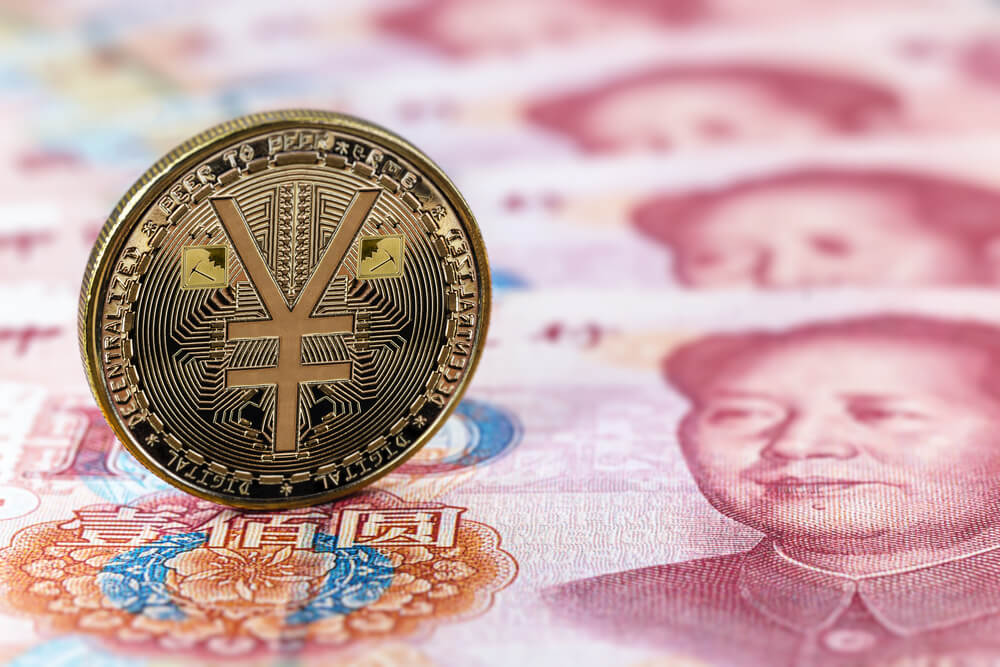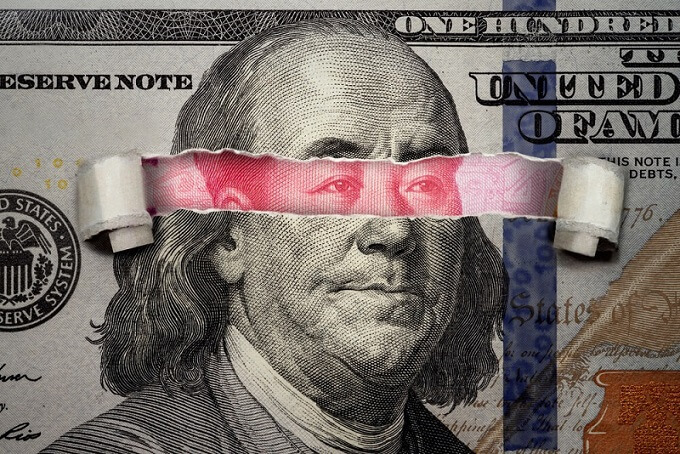
Article content
Decentralization is a sham. Everyone is being watched
In March, the developer of Tornado Cash, a crypto-mixing service that masks crypto transactions, told Bloomberg that it was “technically impossible” for sanctions to be enforced against decentralized protocols. And ironically, Tornado was very quickly blocked by the Office of Foreign Assets Control of the US Department, partly due to the service used by hackers and North Korean money laundering schemes.
Tornado is down 95% from all-time highs, and its code disappeared from GitHub.
Thus, any decentralized service doesn’t stand a chance of hiding from government agencies. Crypto exchanges have to track transactions, buyers, and sellers. Governments could simply review blockchains for suspicious transactions such as cybercrimes.
So far, crypto has suffered more than it has won, demonstrating vulnerabilities. Since the Covid-19 pandemic and the start of the military conflict in Ukraine, Washington has been actively showing its power and applying strength against the crypto market.
Why does the Western world fear the digital yuan?
According to CoinDesk, one of the scenarios scrutinized by US officials for a national threat involves the use of a “freely convertible” digital yuan by other (unfriendly) countries, banks and payment systems to evade US sanctions. If the scenario goes ahead, “hostile” countries might get out of US control. That sounds like something unacceptable for the West, meaning that some countries will be able to buy/sell anything, and America won’t be able to monitor and influence the process.

China’s digital yuan is a way to dodge the dollar
A recently released Pew Research Center report shows that 73% of Americans have a negative view of China, up from 47% in 2018.
While the People’s Bank of China (PBOC) has stated that the alleged goal of mining the digital yuan is to reduce transaction costs and improve payment efficiency, the West claims that the real aim of introducing the digital yuan is the massive expansion of the power of China.
Pilot Chinese digital currency and Digital Currency Electronic Payment (DCEP) project are already on the go in major cities in China.
In June, Chinese authorities launched a lottery to pay 40 million yuan ($6.2 million) in national crypto. Residents participate using two online applications, aiming to win one of 200,000 lottery lots, each worth about $31.
While the Chinese government is proud to be moving towards a productive digital economy, some Western economists are skeptical.
A new book by the economist Eswar Prasad, “The Future of Money: How the Digital Revolution is Reshaping Currencies and Finance”, issues a strong warning about the role of central bank crypto in undemocratic countries. The book states that “in authoritarian societies, digital central bank money can become an additional tool, controlling citizens”.
The US is also concerned about China’s digital initiative. Launched in 2015, the Digital Silk Road is part of a broader deal called “Belt and Road”. The project encourages Chinese companies to expand the development of digital infrastructure and integrate communication technologies into partner economies participating in the BRI protocol (Basic Speed Interface Protocol).
The US, in turn, sees the project as China’s sinister plot to coerce other countries into accepting the digital yuan, thereby increasing China’s financial influence and control over the Western financial system.

Alex Gladstein, director of strategy at the Human Rights Foundation (HRF), speaks about the dangers of digital government to financial freedom and privacy, especially in authoritarian regimes like China. The specialist says that the digital yuan should not be allowed for cross-border transactions.
But the digital dollar is regarded as a different matter by western economists. They say the dollar is a globally proven safe-haven currency backed by the world-known and respected US institutions that protect freedoms and human rights. Jerome Powell, chairman of the Federal Reserve Board (FRB), recently said that a digital dollar could help the entire global economy.
We can see a struggle of interests between the two powers in the international arena. The digital yuan is an obvious risk for the dollar in the long run (both the regular dollar and the digital one, which is not yet available).
As China and the Eurasian countries become more economically independent and prosperous, China will do everything possible to spread its digital yuan in Africa, the Middle East, Asia, and further.
Some experts believe the digital yuan could be the confirmation of China’s strength and superiority in financial technology. And that’s exactly what China strives for… America considers all these Chinese initiatives as prerequisites for the seizure of power in the global arena.
Invest in crypto 24/7 on the best terms!
Feel free to open an account with the cutting-edge broker and profit from both the rise and fall in asset prices.
You can subscribe to the AMarkets Telegram channel and take advantage of ready-to-use trading ideas!
Investment insights and trading tips are also published daily. Good luck with your trading!






